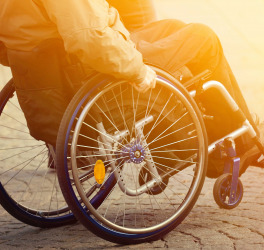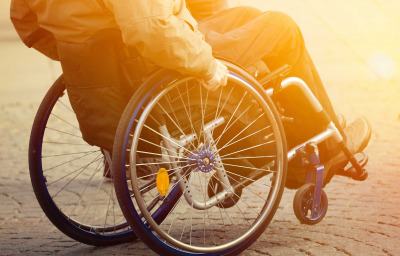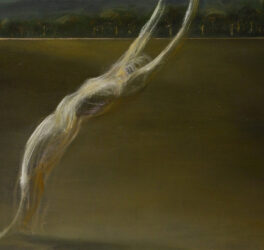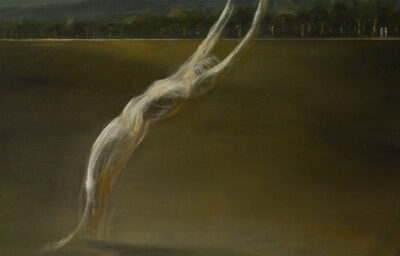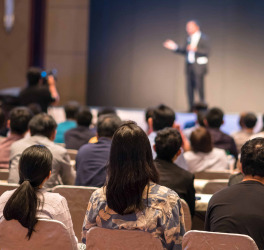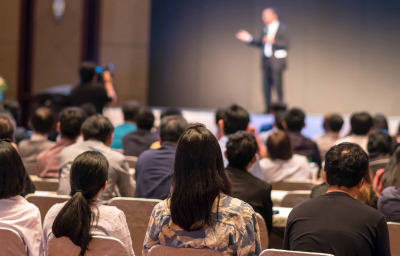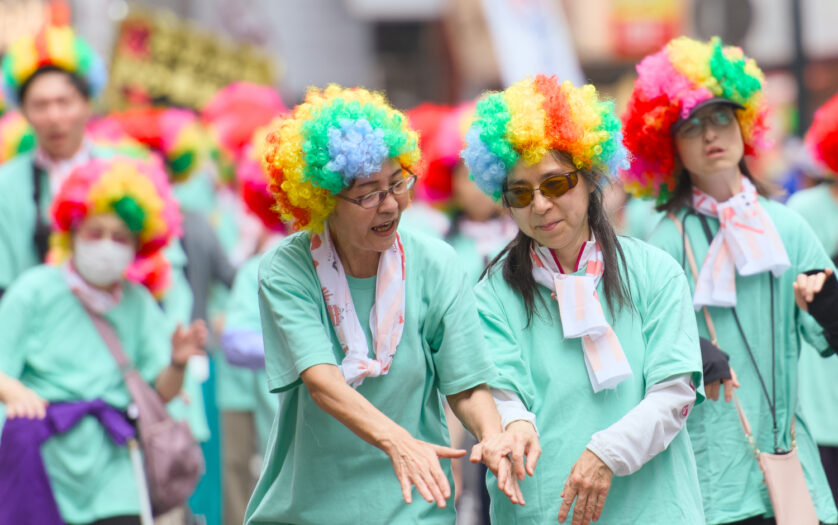
There’s something powerful about simply being seen. When persons with disabilities are included in everyday life, in our streets, our events, our stories, something begins to shift. Not just for persons with disabilities, but for everyone. It’s not just about access ramps or subtitles. It’s about presence. Being recognized as part of the community.
I saw this in action recently at Shibuya Kagoshima Ohara Festival, Tokyo, where a group of performers who are deafblind took part in the Odori (dance) event. With the help of professional guides, they moved with such grace and intention. You could feel the whole shift in the attitudes — people weren’t just watching a performance; they were witnessing possibility.
Thanks to the organizers Shibuya-Kagoshima Ohara Festival Executive Committee for including NPO (NPO法人 鹿児島県ろう者友の会).
Moments like that don’t fix everything, especially attitudes towards disability overnight, but they crack open the door. They help people rethink what disability looks like. Too often, we see persons with disabilities as incapable or have prejudice against them. But there’s so much more — creativity, skill, talent, leadership, humor, brilliance. When we make space for that, we all grow.
As Judith Heumann, a lifelong disability rights advocate, once said: “Disability only becomes a tragedy when society fails to provide the things we need to lead our lives.”
The barriers aren’t the disability — they’re the stairs with no ramp, the information with no screen reader access for people who are blind or caption for deaf people, the assumptions that someone can’t be part of something. But when we break those barriers down? We create an inclusive society where everyone can progress and archive their dreams
Disability isn’t rare or unusual. It’s part of being human. It’s part of our families, our workplaces, our neighborhoods. It shows up in culture, in art, in politics — everywhere, if we’re willing to see it.
Inclusion doesn’t mean special accommodation, treatment or adjustment. It means creating an inclusive world that’s flexible enough for everyone. That’s where inclusive design comes in — designing public spaces, transport, digital products, website, apps and events that expect diversity from the start. Not as an afterthought, but as a foundation.
Because when we design for those at the edges, we end up building something better for everyone.

